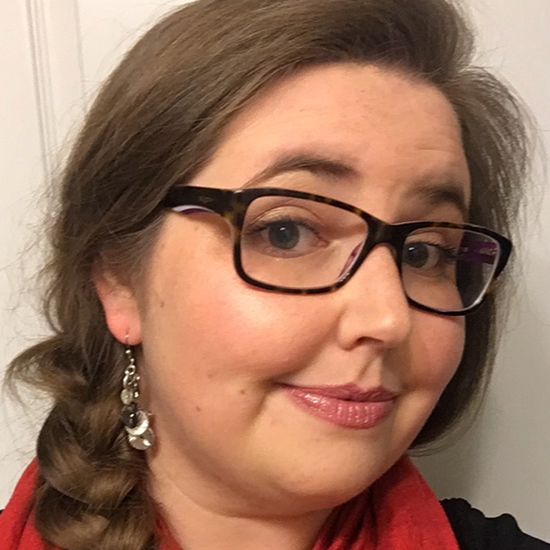Tell us about your journey with Dyspraxia:
When I was a kid, my parents noticed that I had a hard time with a lot of motor skills. I was the last kid on the block to ride a bike, tie my own shoes, and kick a soccer ball. My struggles became even clearer around age 8 when I started dragging one foot behind me while I walked and lagging behind in school, especially when it came to timed math exams. After a lot of tests ranging from MRIs to questionnaires, I was finally given a diagnosis of Dyspraxia.
Since this was the 90s, Dyspraxia was still a rare diagnosis, and my parents had to do a lot of explaining, advocacy and treatment on their own. I’m so thankful for all their support, which enabled me to learn skills to cope with my Dyspraxia and turn it into a strength!
Sure, I still show a lot of those classic “clumsy” symptoms, like dropping things and bumping into stuff, but I’m able to do a lot of things I enjoy that seemed totally out of reach when I was a kid — things like yoga, disc golf, dance, even cycling. I was also able to earn a master’s degree in developmental psychology with a focus in statistics, which has allowed me to conduct research in both psychology and neuroscience.
My research interests include both helping girls who struggle with math like I did when I was a kid and better understanding Dyspraxia from a neurological perspective. I’m deeply passionate about neurodiversity education and advocacy, and I hope that these skills combined with my own experience can contribute to helping others with Dyspraxia who are looking for support in addressing their own unique challenges.


